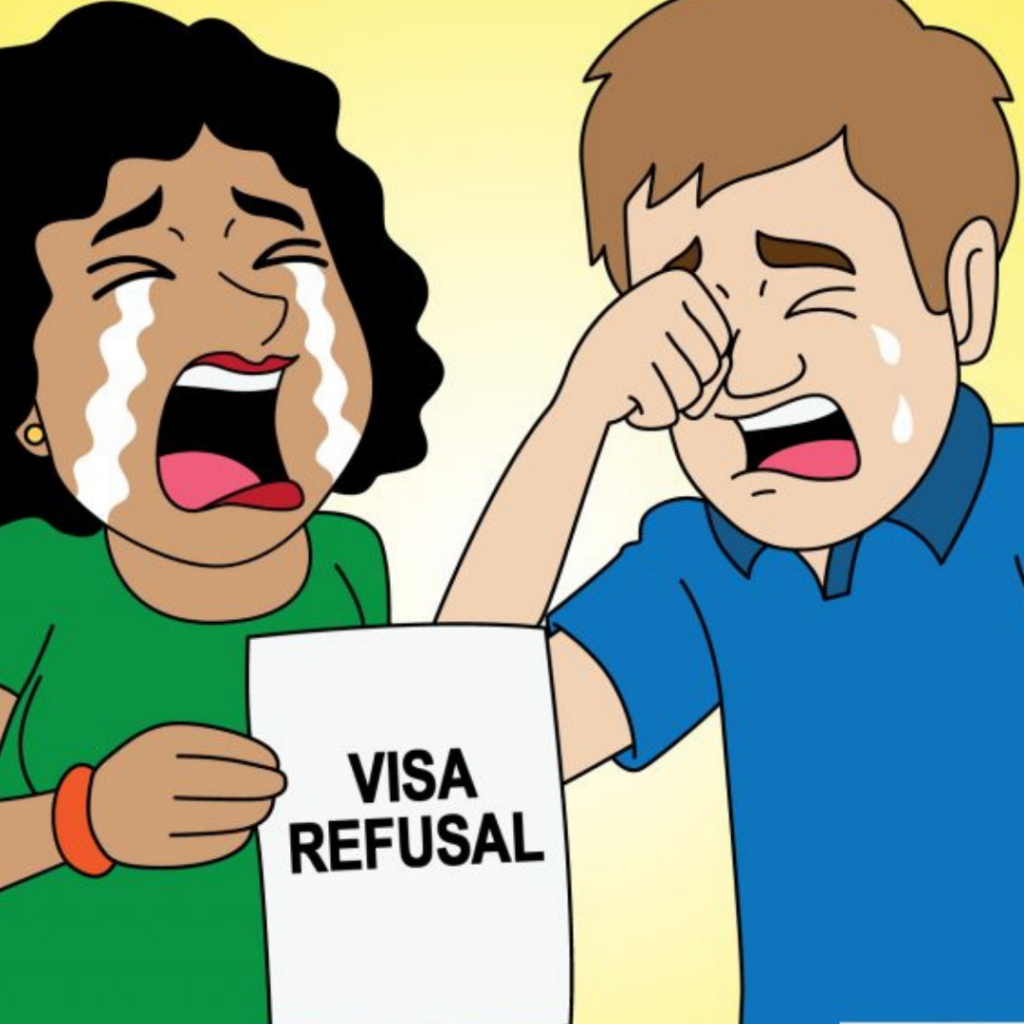When you apply for your visa in Canada either to study or to visit, the consular authorities process your file and issue an opinion (favorable or unfavorable) according to the reliability and importance of the documents constituting your file in the justification of your project of studies in in Canada.
Prospective students who have had their application for a Canadian study permit refused may find themselves in a delicate situation. Having already been accepted by a Canadian institution of study (university, college or other designated institution) and having prepared an application for a permit, it is important for candidates to understand the reasoning behind the refusal of an application for a study permit. There are two possible solutions.
What to do in case of visa refusal?
Solution 1: Make an Access to Information Request
An access to information request allows you to see the real reasons for refusal when applying for a visa for Canada. These notes contain all the details of your application to IRCC, including the notes from the immigration officer. GCMS electronic notes will be delivered by email.
If you live outside of Canada you can apply for CA$19 by clicking here.
If you have a friend or family who is a Canadian citizen, a permanent resident of Canada or a natural or legal person present in Canada, you can ask them to apply for the price of 5$ CAD by clicking here.
Solution 2: File a request for review of the decision
Denials of an application for a study permit are typically due to an applicant’s failure to meet one or more of the eligibility criteria. If a candidate is able to prove that he/she does indeed meet the requirements, he/she may have grounds to file an application for review with the Federal Court of Canada.
In the majority of cases, a lawyer must file an application for a judicial review on behalf of the candidate.






